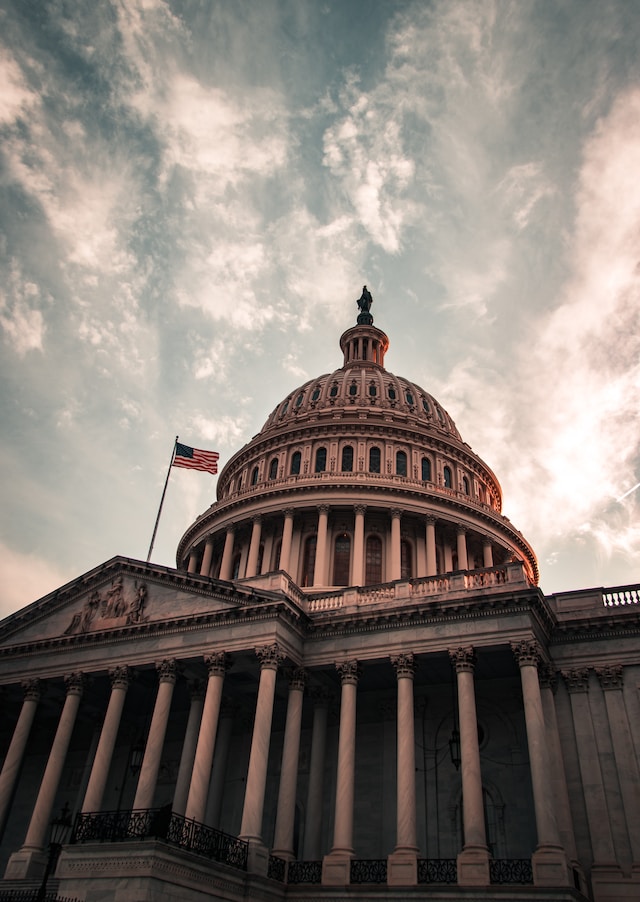The White House has recently called for significant enhancements to consumer protections within the aviation industry. With air travel being a crucial part of modern life, ensuring passenger safety and rights has become a top priority. As the aviation bill takes shape, the White House is pushing for new regulations that address various concerns raised by travelers. In this article, we’ll delve into the proposed consumer protections, their potential implications, and the potential impact on air travel as a whole.
- Strengthened Airline Passenger Bill of Rights:
One of the key areas of focus for the White House is reinforcing the Airline Passenger Bill of Rights. The existing bill offers some level of protection to passengers, but it is now seen as insufficient given the evolving challenges faced by travelers. The proposed amendments aim to strengthen and expand the rights of passengers in cases of flight cancellations, delays, and overbooking. The White House hopes to establish clear guidelines to ensure that airlines prioritize passenger convenience and comfort.
- Improved Transparency in Airfare Pricing:
Another area of concern for the White House is the lack of transparency in airfare pricing. Many travelers face unexpected charges or hidden fees when purchasing tickets. To address this issue, the proposed consumer protections would require airlines to disclose all additional costs upfront, enabling passengers to make more informed decisions. The aim is to prevent misleading pricing practices and ensure that travelers have a clear understanding of the total cost of their flights.
- Enhanced Safety Measures:
Safety is paramount when it comes to air travel, and the White House wants to ensure that consumer protections also encompass this crucial aspect. The proposed measures include stricter regulations on aircraft maintenance, enhanced safety inspections, and improved training for airline staff. By strengthening safety protocols, the White House aims to enhance passenger confidence and minimize the risks associated with air travel.
- Improved Complaint Resolution Process:
Addressing passengers’ concerns and complaints is an essential aspect of consumer protection. The White House proposes streamlining the complaint resolution process, making it more accessible and efficient for travelers. This could involve establishing a dedicated entity to handle complaints and provide timely responses. By simplifying the procedure and ensuring accountability, passengers would feel empowered and reassured that their grievances are being heard and addressed.
- Accessibility for Passengers with Disabilities:
The White House recognizes the importance of accessibility for passengers with disabilities. The proposed consumer protections aim to improve the travel experience for individuals with disabilities by ensuring that airlines meet specific accessibility standards. This would involve measures such as accessible seating options, appropriate facilities, and trained staff to assist passengers with disabilities throughout their journey.
Conclusion:
The White House’s push for enhanced consumer protections in the aviation bill reflects the growing need to prioritize passenger rights and safety. Through strengthened regulations, improved transparency, and streamlined complaint resolution processes, the proposed measures aim to establish a more passenger-centric aviation industry. By addressing concerns related to flight cancellations, overbooking, pricing transparency, safety, and accessibility, the White House seeks to provide a safer and more enjoyable travel experience for all. As the aviation bill evolves, these proposed consumer protections will play a significant role in shaping the future of air travel.












